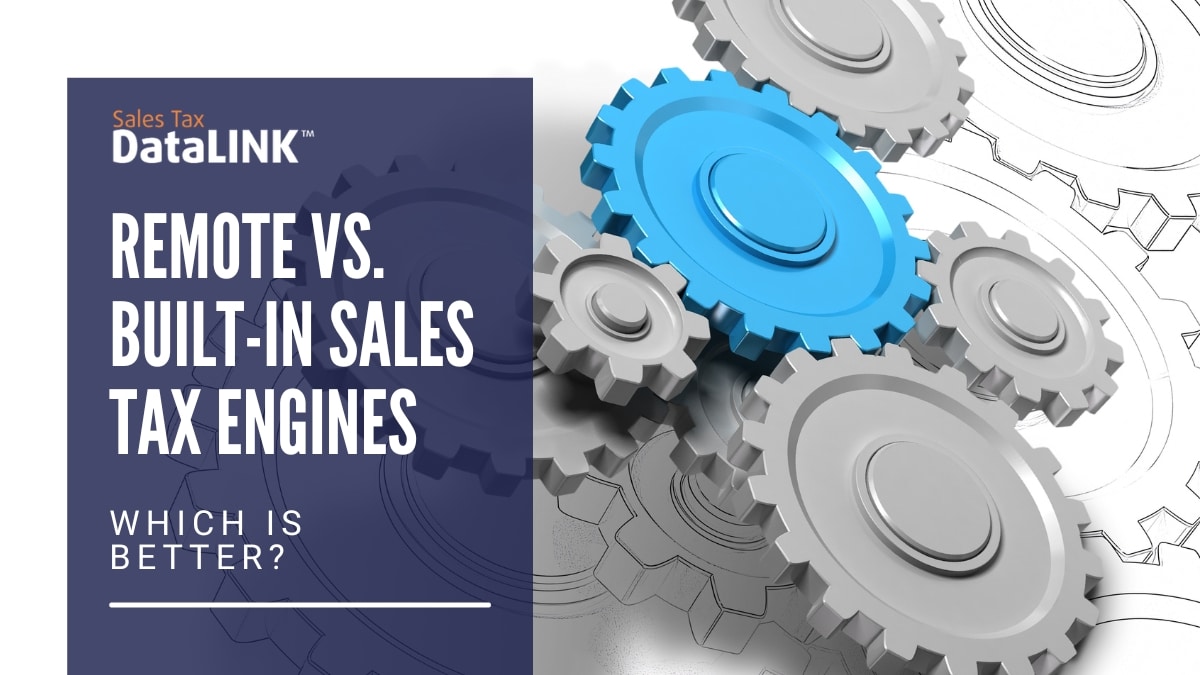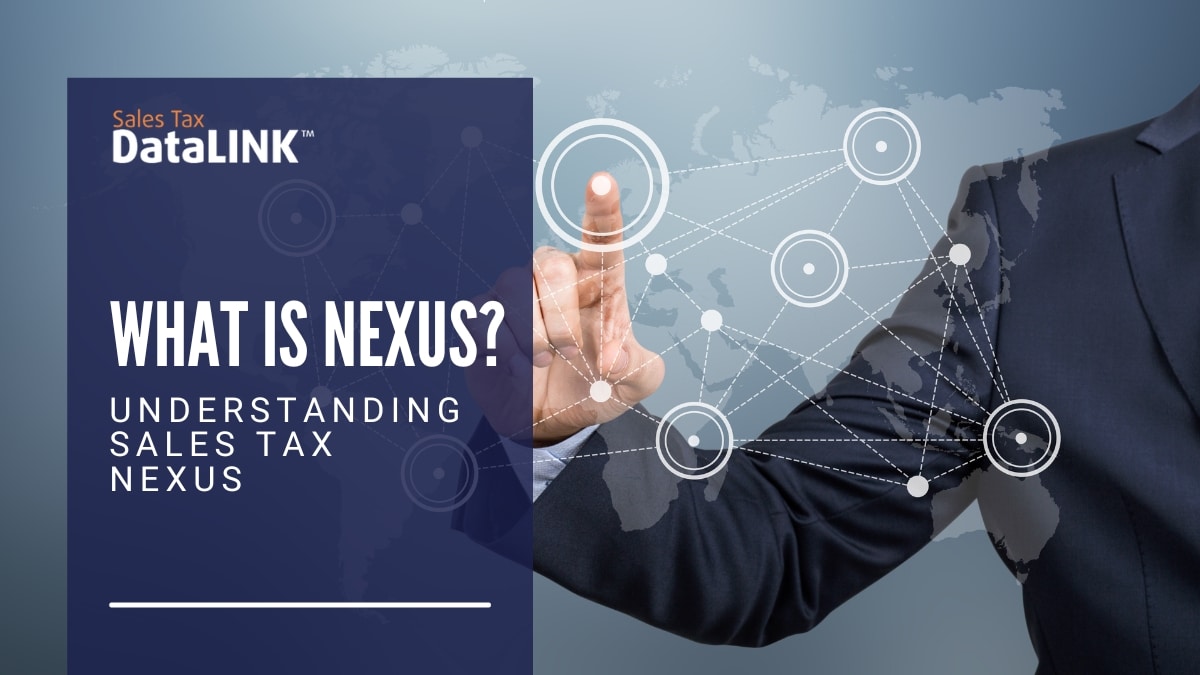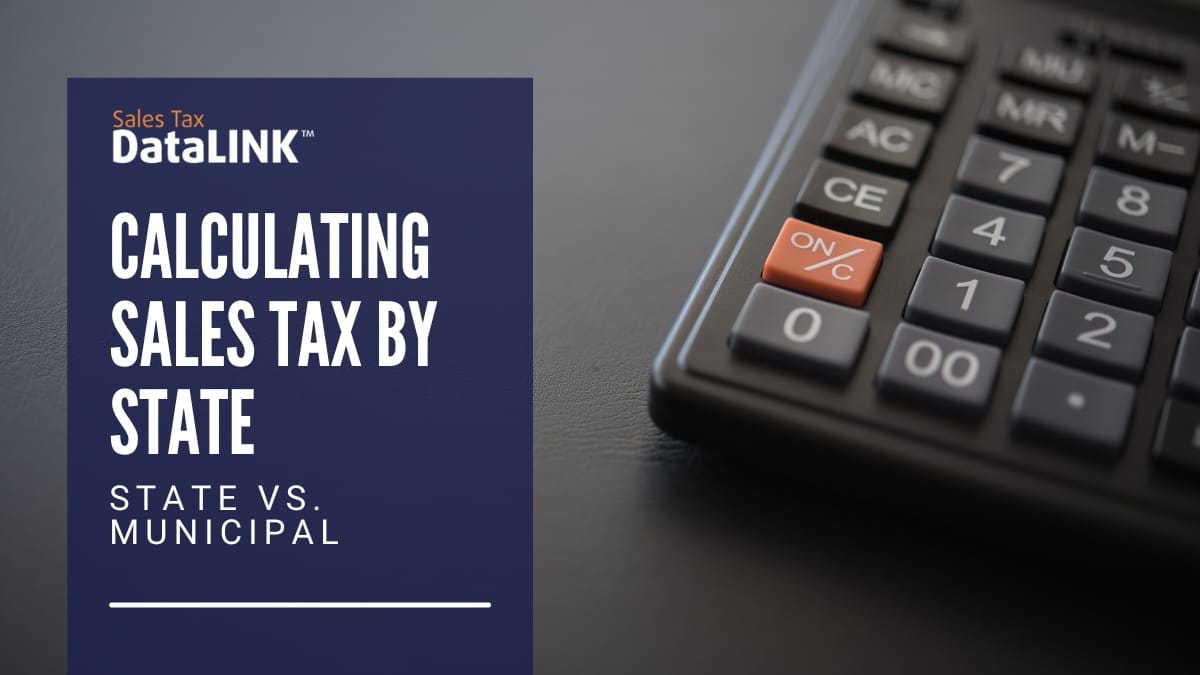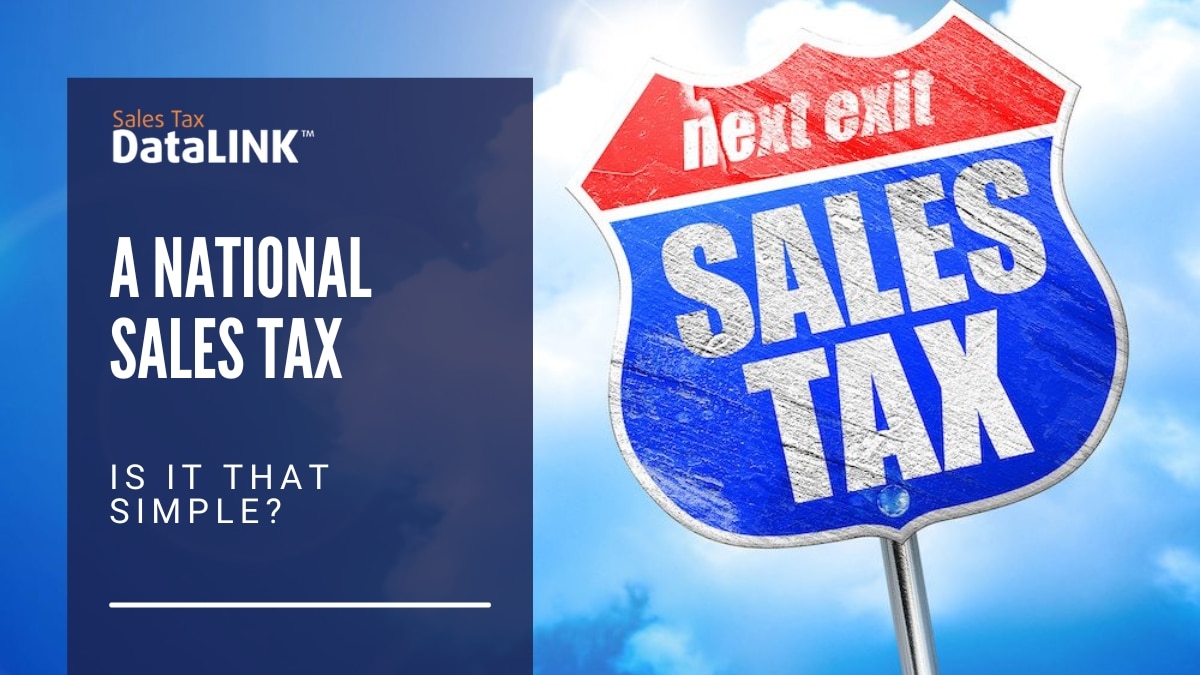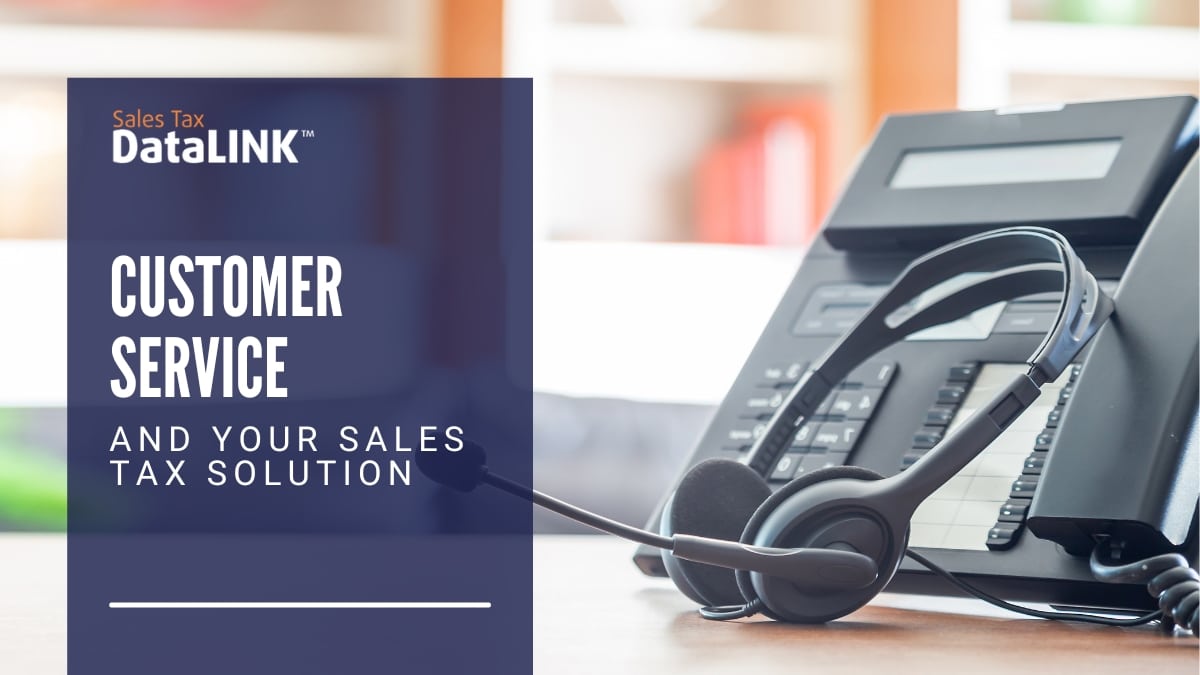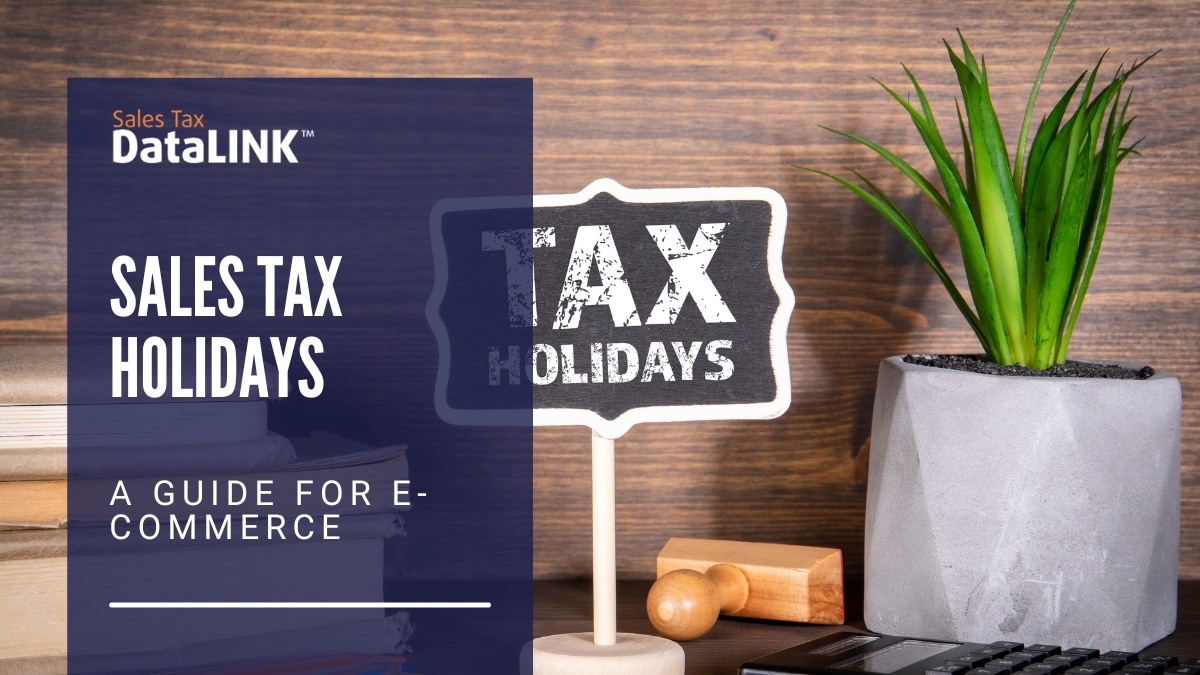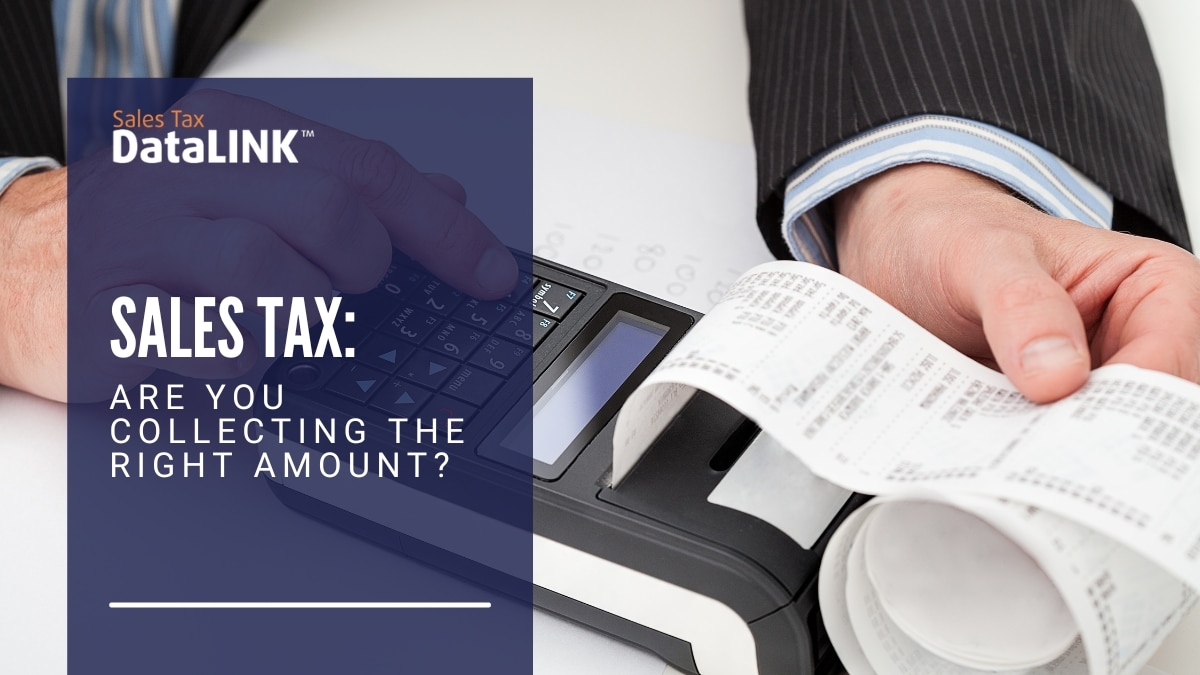Businesses must choose between remote sales tax engines with fees per calculation or built-in engines. Learn the pros and cons.
Correct sales tax calculations depend on accurate and up-to-date sales tax rates. Learn about managing complex multi-jurisdiction tax rates.
Determining whether goods and services are taxable or exempt is complex, with inconsistent rules across states. Learn about navigating taxability.
The definition of sales tax nexus has expanded after the Wayfair decision allowed states to set their own nexus rules. Learn to identify nexus.
The collapse of Silicon Valley Bank froze tax liability funding accounts, affecting sales tax payments for many companies using Avalara.
Sales tax calculations must account for state, county, and city rates. Exemptions also vary, making precise multistate calculations complex.
It used to be fairly simple: manufacturers had factories and produced goods. They sent these to retailers, who sold them. Manufacturers didn't need to collect sales tax from retailers; retailers collected the sales tax. The line has gotten...
Sales tax and excise tax seem similar but have key differences in how they are levied and collected. Understand the distinction.
Some states have no state sales tax, but local taxes and remote seller rules still require sales tax compliance.
Changing your sales tax software is often seen as a challenging and time-consuming task that brings about additional work. If you're currently using software that fails to meet your needs, it might be worth considering a change to improve your sales tax management.
By now, every state has set a threshold for establishing sales tax nexus -- a revenue number that requires a business to register, collect, and remit sales taxes. Missouri and Florida, the last two states to enact these laws defining economic sales tax nexus, have both set their thresholds at $100,000. That means that if you sold $100,000 in goods or services in these states last year, you must comply with sales tax regulations and obligations this year.
The simplicity of sales tax? Right now, your company has to collect, calculate, file, and remit sales taxes in every jurisdiction in which you reach a revenue threshold. The thresholds are different in different places. The rules about what is taxable are also different in different places, as are the rates of taxation, the exemptions, the sales tax holidays, the filing system and schedule, and more. It's not just 50 states and five territories, either. Every city and county can have its own additional sales taxes with additional sales tax rules and regulations.
In many states, services are taxed, but there are exemptions. Kids' sports, for example, or gym memberships may be exempt in order to encourage the states' residents to develop habits of regular exercise. More than 30% of Kentuckians do no physical exercise outside of their jobs, according to the most recent figures, yet the state has chosen to make exercise more expensive.
A new GAO report highlights the complex compliance issues facing remote sellers due to the varied state-level sales tax requirements enacted post-Wayfair. It recommends Congress establish guidelines to create consistency and resolve uncertainties around remote sales tax requirements.
Proposals for a national sales tax aim to simplify compliance but overlook the complexities of administering sales tax uniformly across diverse products and services. A national rate ignores regional differences and risks disproportionately burdening those with lower incomes.
While basic sales tax calculation can be done manually, complexity arises when determining nexus obligations and tax rates across thousands of jurisdictions. Sales tax software automates calculations but may lack accuracy checks and individualized support. Outsourcing to specialists can provide a simpler solution.
You need good customer service. When it comes to sales tax compliance, issues and questions are inevitable given the immense complexities faced by businesses.
E-commerce sellers face complexity from varied state sales tax holiday rules that exempt certain products during specified periods, requiring constant monitoring of different dates and eligible items in numerous taxing jurisdictions.
Properly determining the correct amount of sales tax to collect involves navigating complex rules around nexus, taxability definitions that vary by jurisdiction, and other factors like whether shipping charges are taxed. Oversight of any one element could result in incorrectly charging customers.
Faced with the sales tax compliance fear that arises from complex rules across many jurisdictions and high compliance costs, small businesses seek outsourcing solutions aimed at reducing administrative burdens while also alleviating the very real concerns around the risk of noncompliance.
BlogEdwin Flores2023-11-03T08:37:15-05:00
